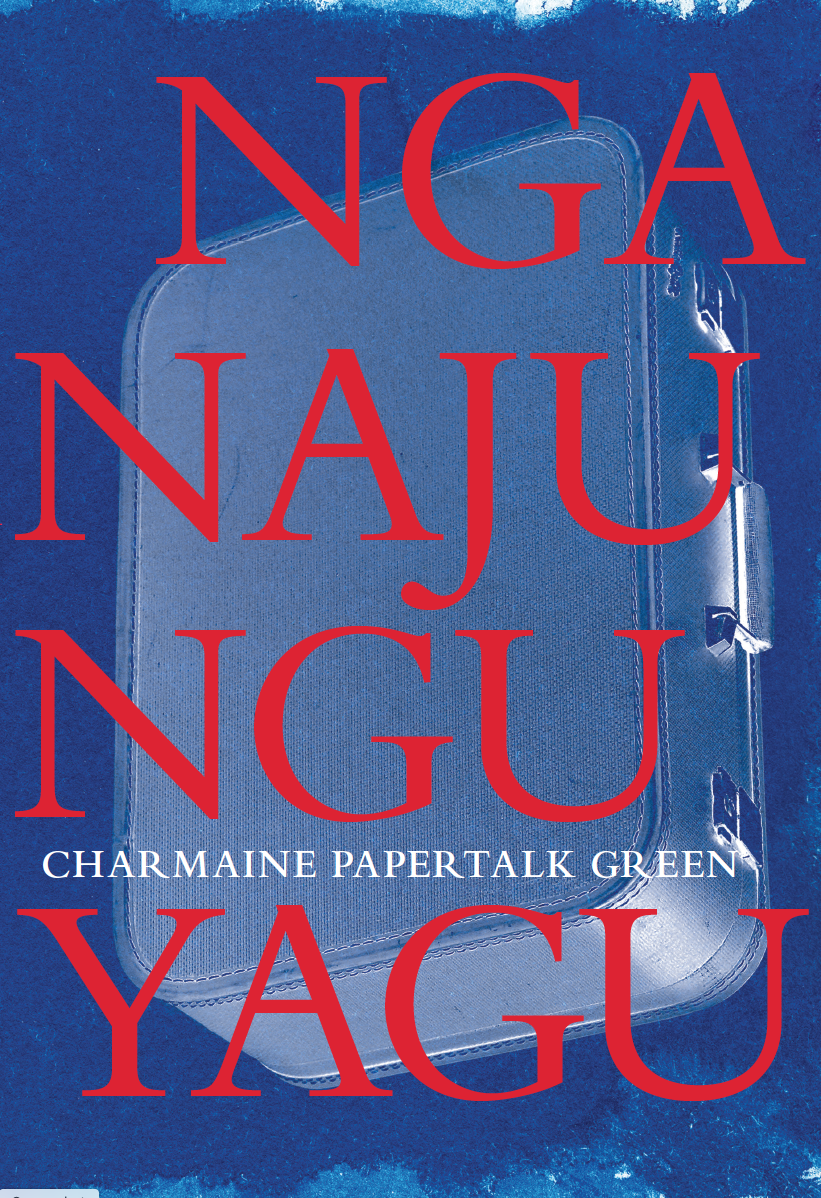
BUY YOUR COPY HERE
*ships 15 June 2019*
Since Charmaine Papertalk Green’s poetry was first published in The Penguin Book of Australian Women Poets in 1986, her voice on the page has been consistent: eloquently powerful, respectfully challenging and true to her role in life as a Yamaji Nyarlu. Nganajungu Yagu is no different, considering, as it does, respect for ancestors, connection to country, the role of the poet and Yamaji identity.
The writing in Nganajungu Yagu is dedicated to Papertalk Green’s mother, and is built around a series of selected correspondence between her and her mother; each provides a deeply personal insight into not only their relationship, but the cultural, political and social landscape of her Yamaji country during the 1970s.
As Papertalk Green writes, these are ‘not just letters’. Rather, they create a tangible story and bond between Yagu and Daughter, and gently remind us of the sacrifices made by most of our matriarchs over time. Each letter and response provide not only a ‘mark of existence’ for the writer but a medium for mother and daughter to connect while at a distance. Her gift is one that makes us pause and reflect on our own behaviours. The love and respect penned here will inspire readers of any age and identity to think about the ways we engage people we love through words. Or, more importantly, the ways we should engage.
The revival of letters here not only reminds me of the nearly lost art of letter-writing, but the impact a letter has on its receiver. ‘I could feel the love hugs springing off the paper’, she writes in ‘Paper Love’.
I challenge any reader to put this book down and not feel compelled to write a letter to someone in their life – past or present.
It is through the bilingual poem ‘Walgajunmanha All Time’ that Papertalk Green clarifies her role as a First Nations writer, and I honour her for keeping our people, our stories and the Yamaji language on the literary radar and accessible to all readers through her poetry. When the academy, the literati and festival directors discuss Australian poetry in the years to come, they should all have Nganajungu Yagu on the top of their lists, and Papertalk Green as a key voice in the poetic landscape.
In the United Nations International Year of Indigenous Languages, Nganajungu Yagu is a work of cultural significance and educational influence. As I closed this book for the first time, I found myself circling back in my mind to a number of phrases. Those that keep recurring are –
Yagu, I always remembered the beauty of our culture despite the racism seen in every step I took along years culture love was and is the anchor for everything done.










Pingback: First Nations authors provide Oceans of Opportunities | Anita Heiss
Pingback: Charmaine Papertalk Green wins Australian Literary Society Gold Medal
Pingback: #AustralianPoetryMonth with #RedRoomPoetry-Day 24 Charmaine Papertalk Green: Nganajungu Yagu – La Pluma Poderosa
Pingback: On Fire! | Botanical